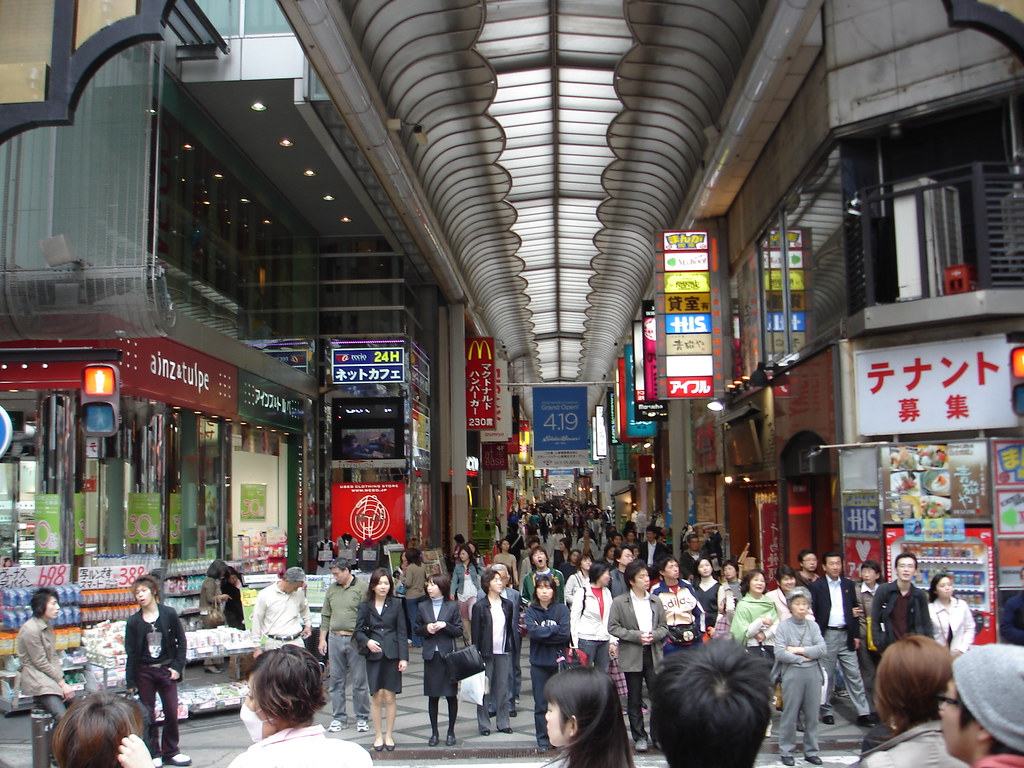armpitsOFmight
Active Member
- Joined
- Oct 10, 2009
- Messages
- 870
- Reaction score
- 13
^^What's up your ass tonight, Van?
The Northeast Corridor is probably more comparable to the Kansai than to Tokyo in terms of how New York overwhelms its neighbors.

...it seems like the Kansai cities' urban fabric bleed into one another in a way the NEC cities don't...
I believe there's an "awareness" of Tokyo/Yokahama, but I didn't detect have the cultural "inferiority complex" that some New Englanders have about New York.
